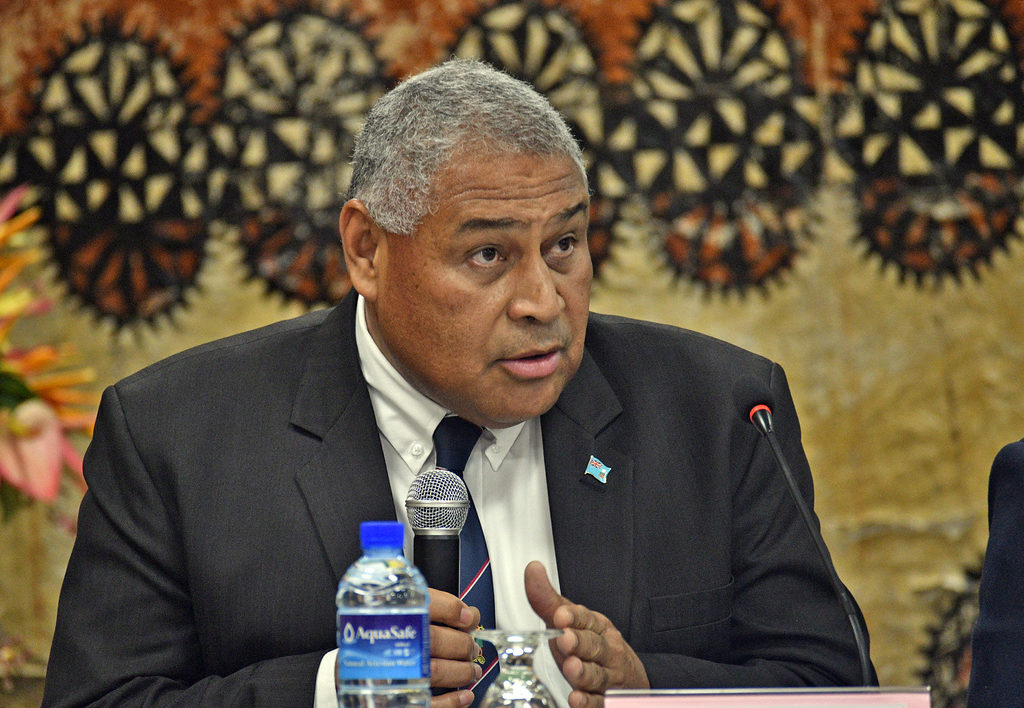The revelation that ships sailing into Fiji have been colluding with yacht owners to smuggle illegal substances into our country is a major concern.
This strikes at the heart of our national security and exposes a dangerous weakness in how we police our maritime borders.
According to Immigration Ministry Permanent Secretary Aliki Salusalu, certain yachts that had already been cleared by immigration officials were found to have ventured back into deep waters to rendezvous with larger ships and collect illegal packages, before returning to our shores.
“This is one of our biggest challenges,” Mr Salusalu admitted. “We have had this experience in which yachts already cleared by us travel out to deeper waters to meet with the bigger ships and carry back to our country illegal packages.”
That statement tells us that our maritime border, one of the largest in the Pacific, is being exploited by criminal networks that are adapting faster than our enforcement measures. It suggests that some of our own systems, including clearance procedures, may need to be addressed. How could cleared vessels slip back out unnoticed? How are they being tracked?
Mr Salusalu told the Lau Provincial Council meeting that his ministry is working with other agencies and the Government to tighten border security. “Border security is the duty of all of us,” he said, urging community leaders and village headmen to report suspicious activities by calling 1539. Once a report is made, he said, a joint team from Immigration, Customs, the Navy and the Police is deployed to investigate.
That’s the kind of coordination we need, but it must be backed by real capacity, vigilance and commitment. The sad truth is that our long coastline makes monitoring every vessel nearly impossible. Drug syndicates know this. They exploit our geography and our limited resources. We also learn that these traffickers are now using the Wallis and Futuna route as a new gateway into Fiji waters, after Australia and New Zealand closed off their traditional entry channels.
Mr Salusalu said most of the offending yachts travel from places like Tonga, New Zealand, Australia and Samoa before detouring through the less monitored routes.
Now this shift in tactics is worrying. It shows that while regional partners have strengthened their defences, we may now be seen as a softer target, a convenient link in the Pacific drug corridor.
That is a reputation we don’t need. Once our borders are perceived as weak, we invite more danger!
The Permanent Secretary’s reminder to villagers is timely: a yacht flying a Fiji flag has been cleared, one without it has not. But this should not be where our responsibility ends. We need communities along the coast to embrace the fact that they are our first line of defence. The eyes and ears of villagers, fishermen and women, and local leaders are important in spotting suspicious activities. However, this must go hand in hand with better surveillance technology, stricter clearance protocols, and inter-agency intelligence sharing. We cannot fight this battle with outdated systems or complacency.
Protecting our borders is not just the job of the Navy or the Police. It is a national duty.



